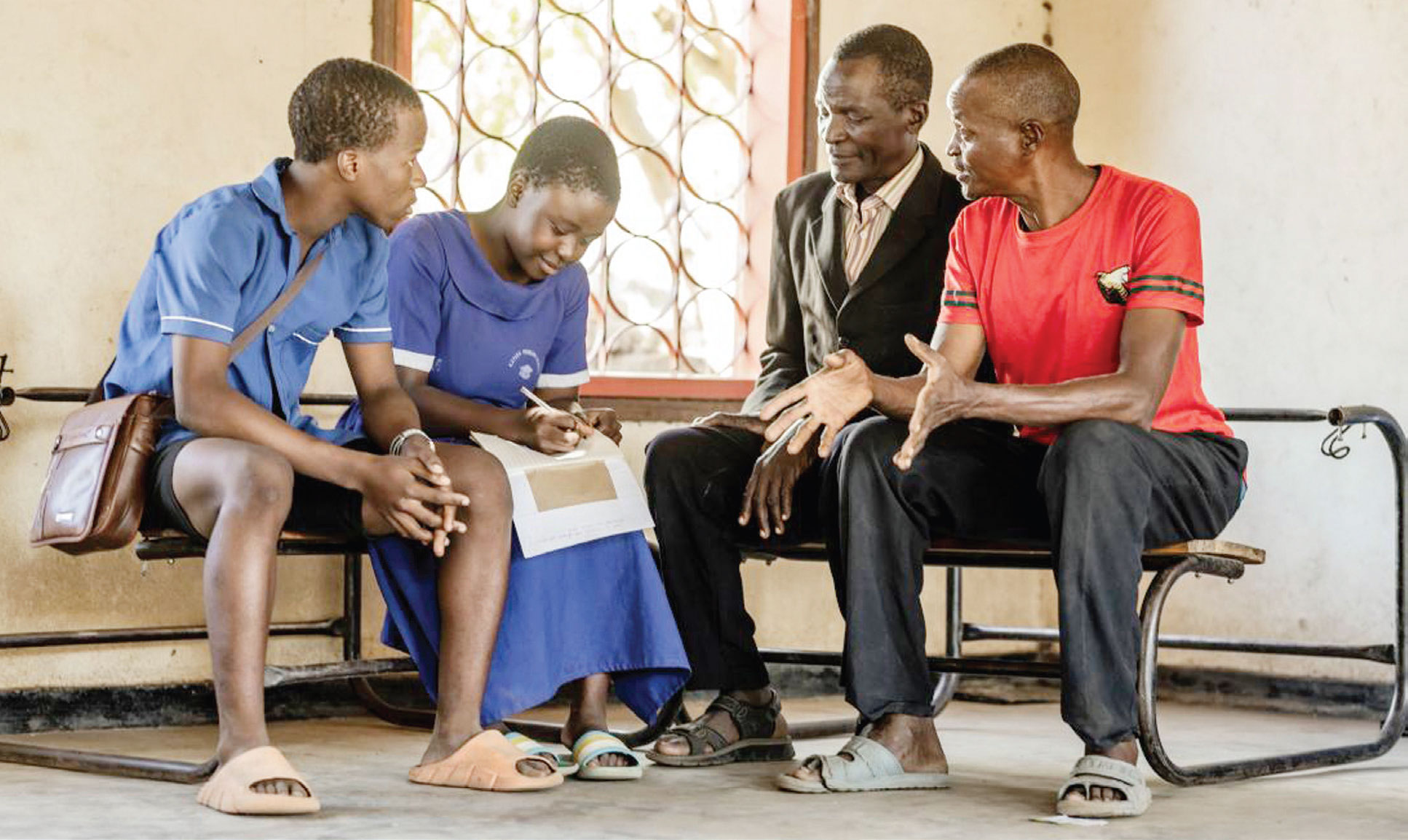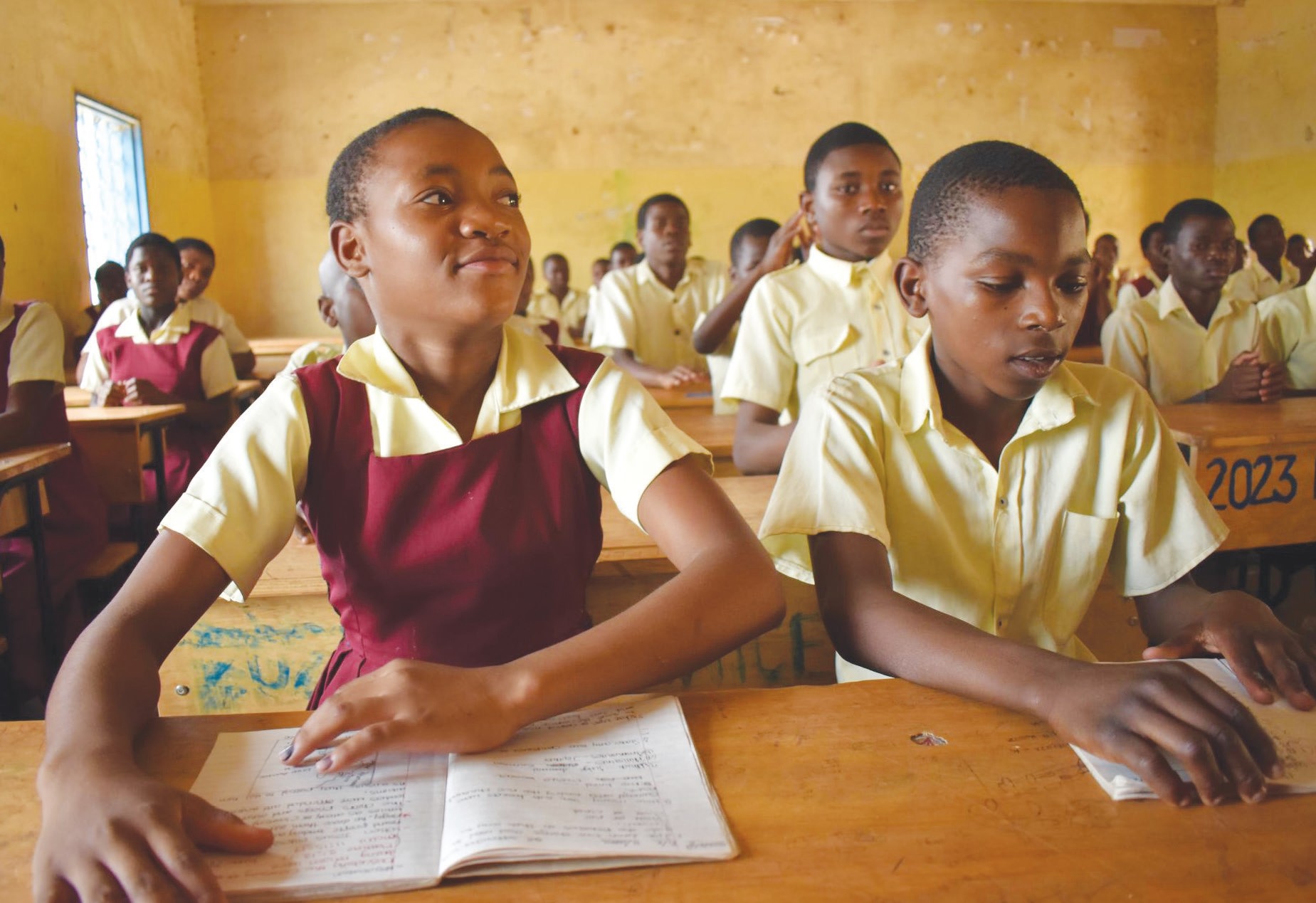Can mother languages enhance learning?

Today is the International Mother Language Day—a day set aside by the United Nations for countries to reflect on the importance of protecting and promoting the use of mother languages. In Malawi, the debate is still at the stage of incorporating mother languages in basic education.
Education,” said the late Nelson Mandela “is a powerful tool for social change”. But you need to learn to use knowledge to impact social change. That is why, on learning, Mandela said it all.
“If you talk to a man in a language he understands, that goes to his head. If you talk to him in his language; that goes to his heart,” he said.
Simply put, teaching people in their mother language, in Mandela’s wisdom, facilitates effective learning than otherwise.
What the departed global icon advanced lays credence to what Malawi’s renowned linguist Professor Alfred Mtenje has been advocating for—the need to prioritise mother languages in basic education.
Mtenje has been unwavering in arguing that ‘pupils, especially those in Standards One to Four, learn better when they are taught in their mother languages’.
“Government spends large amounts of resources educating students who are repeating not because they are unintelligent but because language barriers make the learning process difficult,” he says.
Recently linguists like Mtenje have even connected the use of mother languages in schools to national development. Using examples of developed nations such as Japan, China and Asian Tigers, linguists argue that these nations have shown that when people learn in their mother languages they easily grasp development concepts, as a result, they find it easy to implement.
Not only that.
Unesco director Irin Bokova says the protection and promotion of mother languages are key to global citizenship and authentic mutual understanding.
“Understanding and speaking more than one language leads to a greater understanding of the wealth of cultural interactions in our world.
“Recognising local languages enables more people to make their voices heard and take an active part in their collective fate,” he says.
That is why Unesco makes every effort to promote the harmonious coexistence of the 7 000 languages spoken by humanity across the world. However, due to globalisation, most mother languages are increasingly under threat, or disappearing altogether.
According to Unesco, over 50 percent of the approximately 7 000 languages globally are likely to die out within a few generations, and 96 percent of these languages are spoken by a mere four percent of the world’s population.
With the 2013 Education Act prescribing English as the language of instruction at all levels of Malawi’s education system, scholars and linguists fear that mother languages in the country will die. This, experts argue, will not just affect the cultural transmission; it also affects education delivery.
That is why the Centre for Language Studies (CLS) at Chancellor College still presses for the need to have pupils, especially those in their infant years of primary school, learn in their mother tongue.
“A number of countries are doing this. I don’t know why we are still sceptical,” says Professor Pascal Kishindo, director of CLS.
There have been a number of criticisms towards the move. Some feel the vocabulary in the mother languages is not rich, hence not ready to be used for learning. Others feel Malawi has a number of mother languages and teaching them all will create confusion in primary schools.
Kishindo, however, agrees that Malawi’s local languages are not rich in vocabulary.
“I should be quick though to underline that a language does not become ready on its own. It needs to be developed,” he says.
On the argument that Malawi has numerous mother languages, Kishindo says that those advancing the argument are missing the point.
“We look at the general picture. We cannot afford to have every mother language in school.
“But if you look at this country, you will note that the Northern Region has its lingua-franca which is Tumbuka, the Centre, Chichewa while the Eastern Region has Yao. It is these major mother languages that would be considered, not every little language,” he says.
Government, however, has been unapologetic to calls by linguists to have mother languages in basic education.
Public relations officer for the Ministry of Education, Science and Technology Rebecca Phwitiko says: “Contrary to some research findings that learning in the mother tongue in the early years of primary school improves learning outcomes, as a ministry we have noted in the past years that learning in Chichewa (which is the mother tongue for a substantial number of our learners) in the early years of primary school has not done much for our education system.”
Phwitiko says the repetition rate is still high and generally pupils struggle to transit into higher primary school where the language of instruction is English.
“This also affects the learning process. And even beyond that, we have students coming out of secondary school who struggle to express themselves competently in English, which is the official language,” she says.
Based on that, Phwitiko says that the 2013 Education Act prescribes English as the language of instruction at all levels of the education system, as such, her ministry will be “complying with the law in putting this in practice”.
Paradoxically, government has endorsed and signed a number of regional and international documents that urge it to consider mother languages in its schools. Notable of them are the Convention for the Rights of the Child (CRC), the African Charter of Nations and the Harare Declaration.
So what does this mean to future of mother languages in Malawi?





